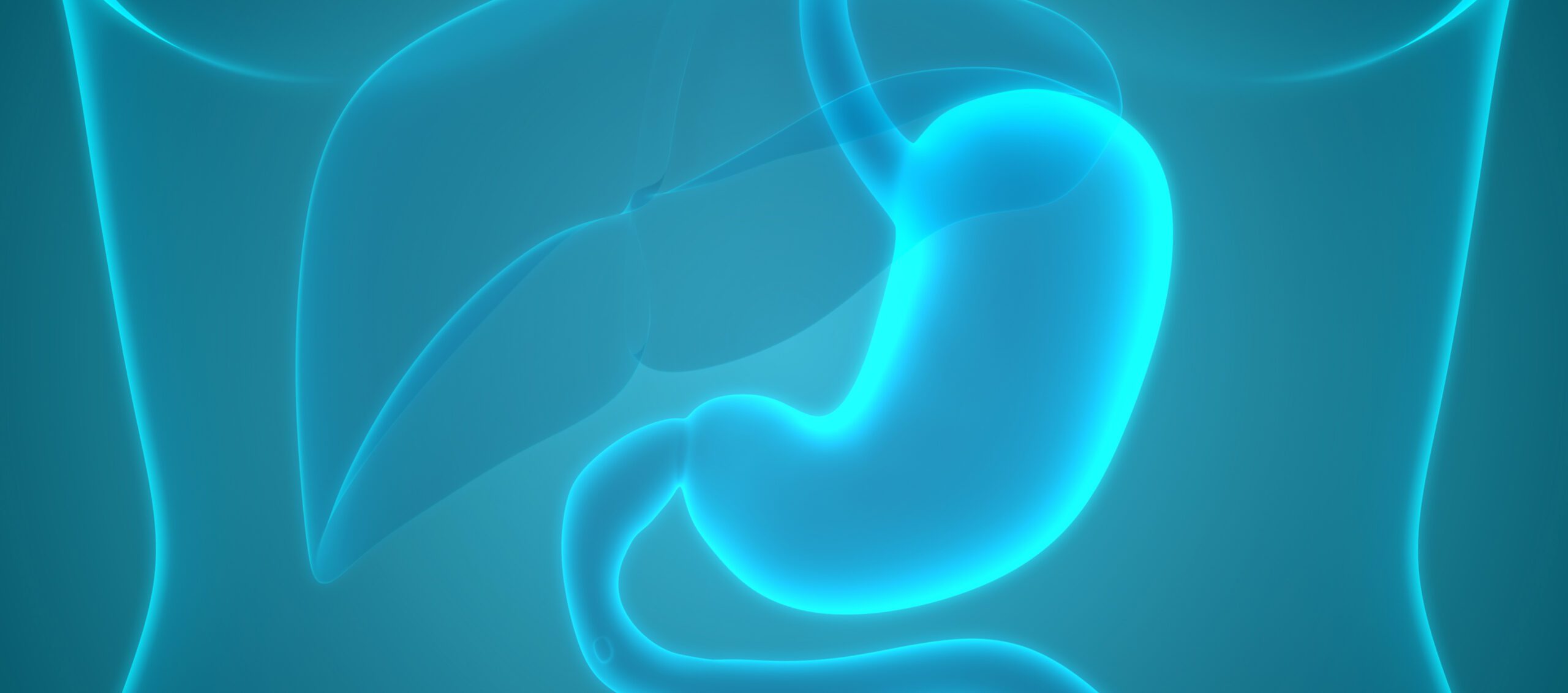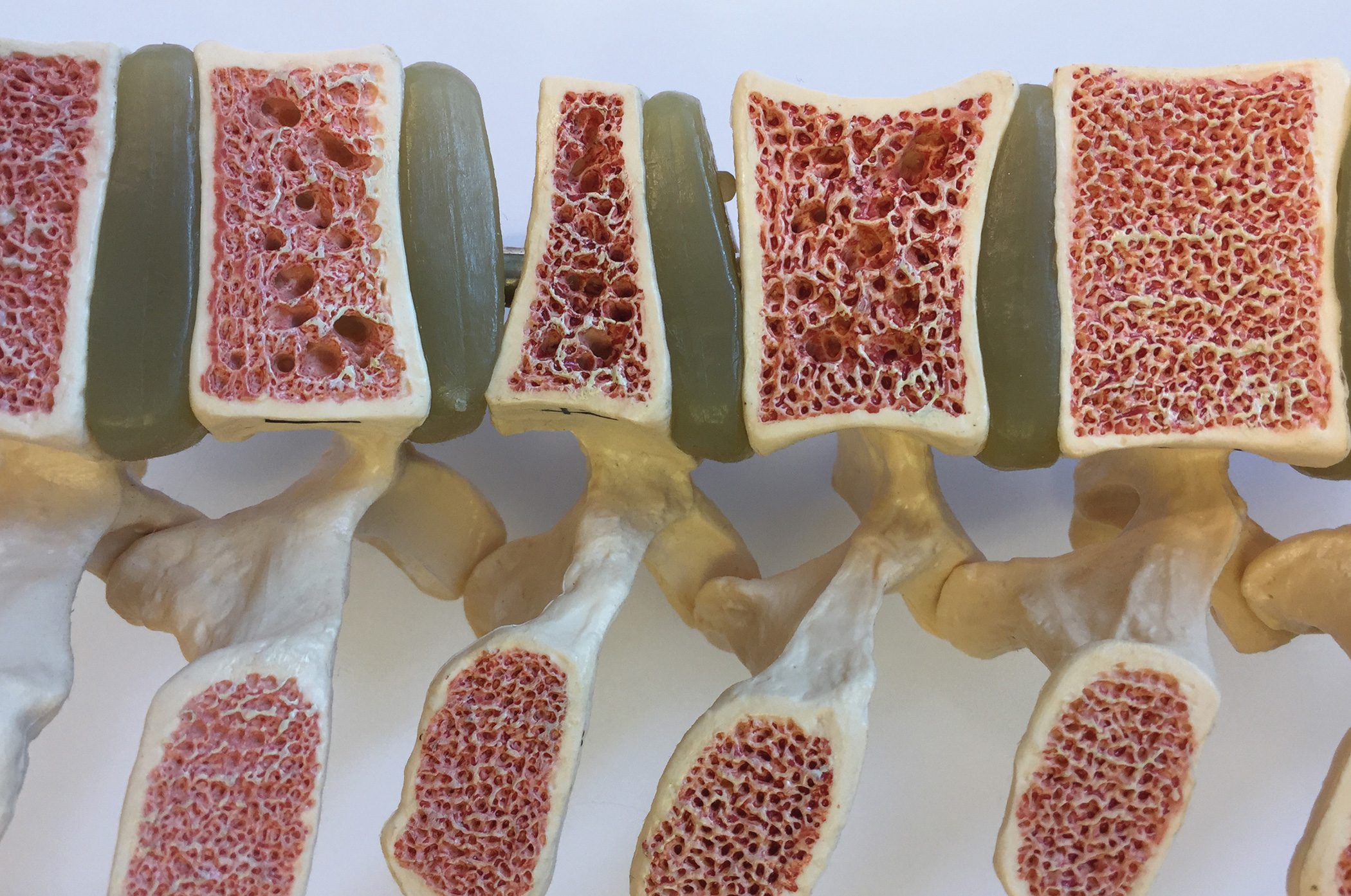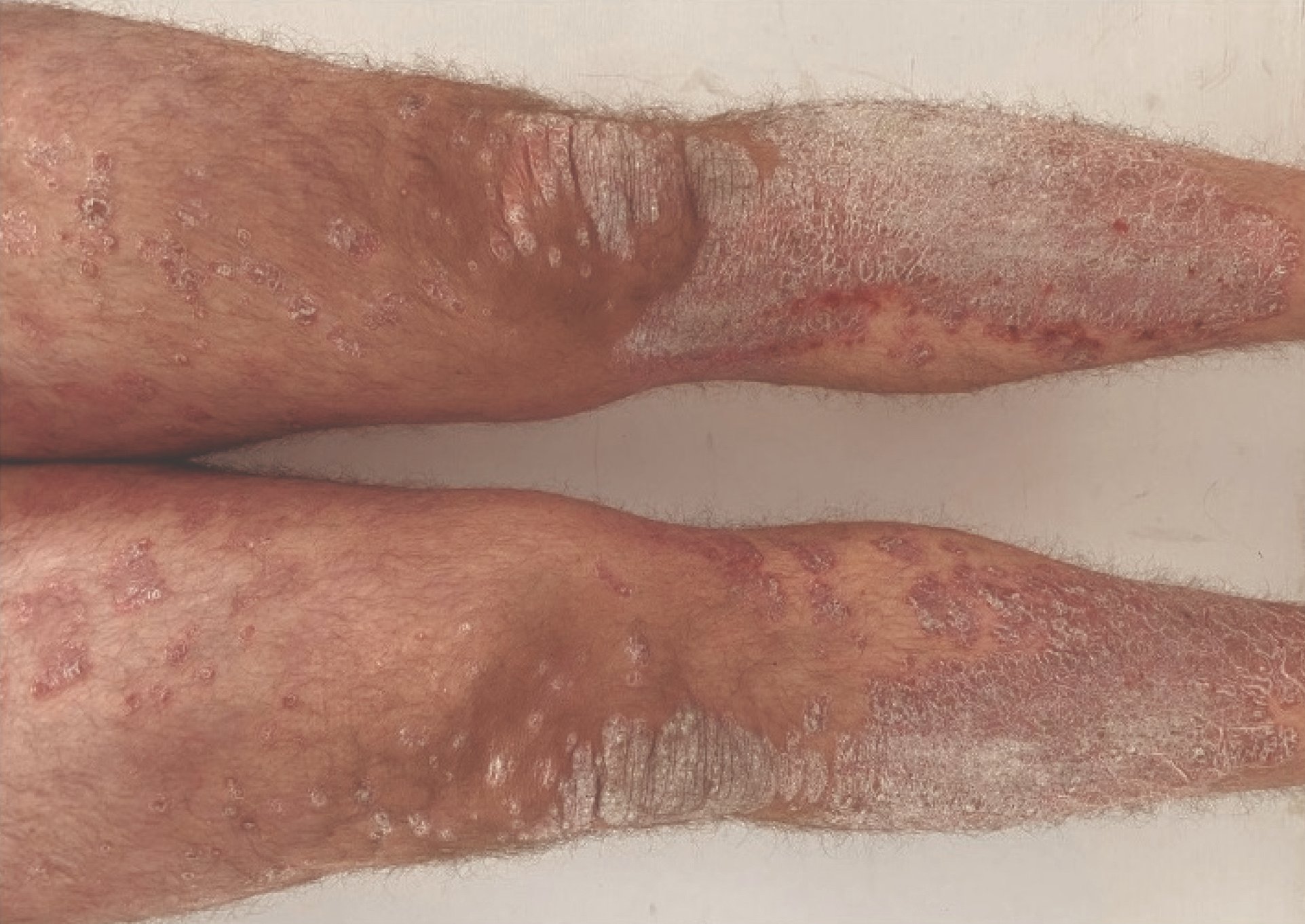The ESMO Congress is the largest European cross-indication cancer congress and this year again presented the latest advances in the therapy of malignant diseases. The central mission is to improve cancer treatment, prevention and diagnosis, and to advance palliative care and patient follow-up.
A significant improvement in progression-free survival and response rate, combined with a reduction in symptoms and improved quality of life, are the results of a new treatment approach for patients with desmoid tumors. These are benign but locally aggressive and invasive soft tissue tumors. By targeting the Notch signaling pathway with the novel gamma-secretase inhibitor nirogacestat, positive results were obtained for the first time with this approach.
Desmoid tumors are rare, with an incidence of 3-5 cases per million people worldwide per year. Patients have an unpredictable course of disease. Although soft tissue tumors are usually not fatal, they can cause symptoms that greatly affect quality of life. Pain, disfigurement and functional problems can be a real burden for patients. The DeFi study enrolled 142 patients with progressive desmoid tumors recruited from 37 centers around the world. This is the largest and most rigorous randomized controlled trial ever conducted in this tumor type. Results showed a statistically significant improvement in progression-free survival in patients treated with nirogacestat compared to the placebo group, with an average 71% lower risk of disease progression. The response rate was also significantly higher – 41% in the nirogacestat group and only 8% in the placebo group; almost one in ten patients (7%) showed a complete response to the drug. The study also measured patient-reported outcomes, as desmoid tumors have a large impact on quality of life. Statistically significant benefits were seen in reducing pain and symptom burden and improving physical and functional abilities and health-related quality of life. This study has the potential to lead to the first approval of a drug to treat patients with this disease.
PFS improvement in advanced melanoma.
A novel treatment strategy using personalized cell therapy significantly improves progression-free survival (PFS) in patients with advanced melanoma compared to standard immunotherapy, according to breakthrough results from the Phase 3 M14TIL trial. A 50 percent reduction in the risk of disease progression or death from the disease was observed in patients with melanoma. This is the first time that a TIL-based approach has been directly compared to the standard of care, in this case ipilimumab. The treatment essentially involves taking a small sample from a patient’s resected tumor, growing immune T cells from the tumor in the laboratory, and then infusing the personalized TIL therapy back into the patient after chemotherapy. TILs recognize tumor cells as abnormal, invade them, and then kill them. In the phase III trial, 168 patients with unresectable stage IIIC-IV melanoma were randomized to receive either immunotherapy with the anti-CTLA-4 antibody ipilimumab or TIL treatment. Most patients had previously abstained from anti-PD-1 treatment. The results showed that patients treated with TIL therapy had a significantly longer median progression-free survival of 7.2 months compared with 3.1 months in patients treated with ipilimumab. The overall response rate to TILs was 49% versus 21% for ipilimumab, and median overall survival was 25.8 months versus 18.9 months. Overall patient survival will continue to be monitored.
Treatment options for patients with metastatic melanoma have changed significantly over the past decade with the development of checkpoint inhibitors, including the PD-1 inhibitors nivolumab and pembrolizumab and the CTLA-4 inhibitor ipilimumab. These drugs release a natural brake on the immune system, allowing the body’s own immune cells to recognize and attack tumor cells. They have a very good safety profile and quite high efficacy and are now frequently used as first-line therapy. But when patients don’t respond to first-line treatment, options become very scarce. Especially for patients who do not respond to anti-PD-1 drugs. Scientists believe that the mechanism of resistance to anti-PD-1 treatment is mainly mediated by the tumor microenvironment. So if these cells are taken out of their natural environment, reactivated in the laboratory, grown to very large numbers, and then returned to the patient, some of the escape mechanisms can be overcome. Although adverse events of grade 3 or higher occurred in all patients treated with TIL therapy and in 57% of patients receiving ipilimumab, the adverse events are well controlled.
Early cancer detection with blood tests
New data showing the accuracy of blood tests for early cancer detection (MCED) could have big implications for future cancer care. New MCED tests under development can detect a common cancer signal from more than 50 different cancers and predict where the signal originates in the body. The signal originates from small sequences of circulating tumor DNA (ctDNA) in the blood, which differ in their methylation patterns from non-tumor DNA. In the PATHFINDER study, an MCED test detected a cancer signal in 1.4% of 6621 people aged 50 years and older who were not known to have cancer, and cancer was confirmed in 38% of those with a positive test. Of 6290 individuals who were cancer-free, 99.1% received a negative test result. Among participants with a positive test result, it took a median of 79 days for the diagnosis to be made. Of the participants with a positive screening test, 73% were diagnosed within three months. The results are an important first step for cancer screening tests, as they showed a good detection rate for people who had cancer and excellent specificity for those who did not. In addition, an important finding was that few participants with a false-positive screening test required multiple invasive procedures such as endoscopies and biopsies. This finding should help allay concerns that these tests could cause harm by causing unnecessary interventions in healthy people.
Lung cancer due to air pollution
Very small pollutant particles in the air can cause lung cancer in people who have never smoked. This is the conclusion reached by London scientists on the basis of groundbreaking data. The particles, typically found in vehicle exhaust and fossil fuel smoke, are associated with risk of non-small cell lung cancer (NSCLC) and are responsible for more than 250,000 lung cancer deaths worldwide each year. The same airborne particles that come from burning fossil fuels and exacerbate climate change directly affect human health through an important and previously overlooked carcinogenic mechanism in lung cells. The new findings are based on human and laboratory studies of mutations in a gene called EGFR that occur in about half of people with lung cancer who have never smoked. In a study of nearly half a million people in England, South Korea, and Taiwan, exposure to increasing concentrations of particulate matter 2.5 μm in diameter was associated with an increased risk of NSCLC with EGFR mutations.
In the laboratory studies, the scientists demonstrated that the same pollutant particles (PM2.5) promote rapid changes in airway cells that have mutations in EGFR and another lung cancer-related gene called KRAS, sending them into a cancer stem cell-like state. They also found that air pollution promotes the influx of macrophages that release the inflammatory mediator interleukin-1β, which drives the expansion of cells with EGFR mutations in response to PM2.5 exposure, and that blocking interleukin-1β inhibits the development of lung cancer. These results were consistent with data from a previous large clinical trial that showed a dose-dependent reduction in the incidence of lung cancer when people were treated with the anti-IL1β antibody canakinumab.
Congress: ESMO Congress 2022
InFo ONCOLOGY & HEMATOLOGY 2022; 10(5): 24-25.












